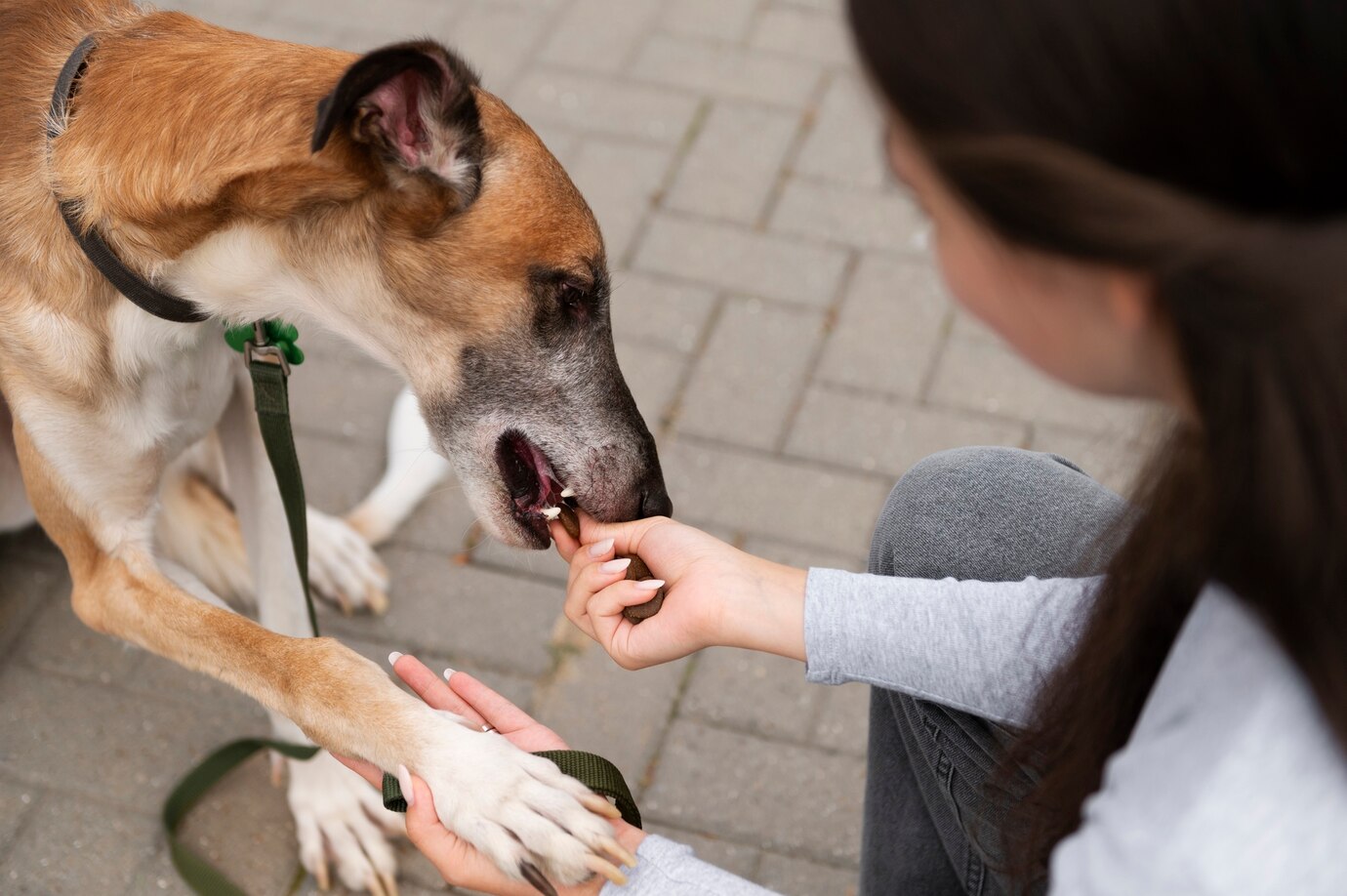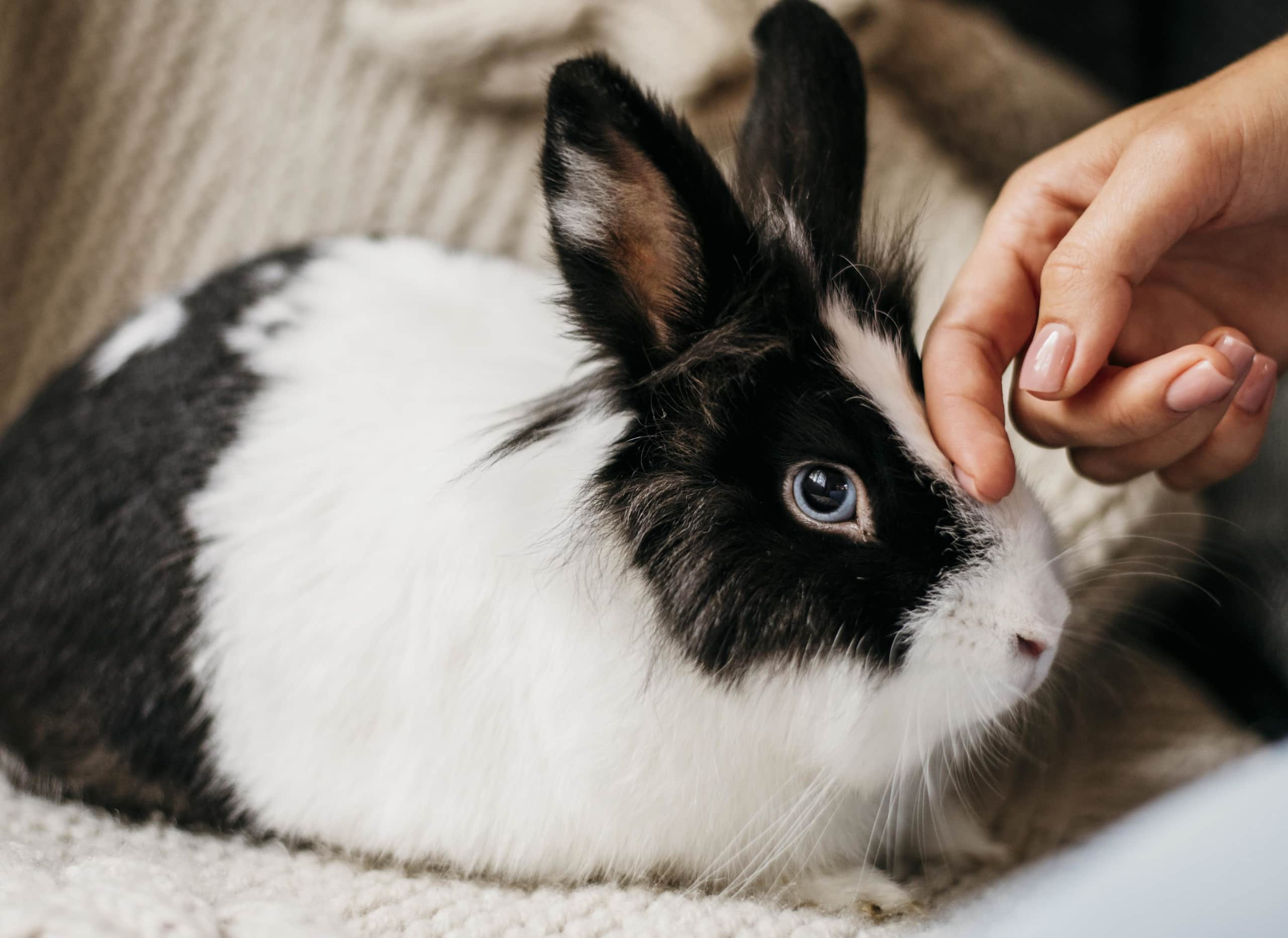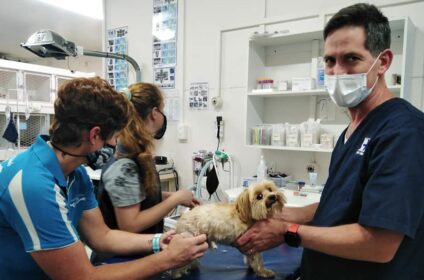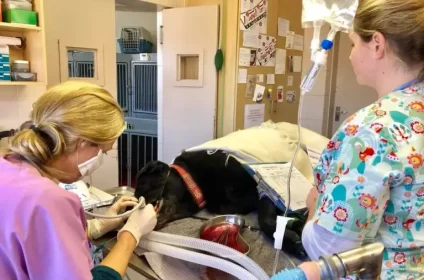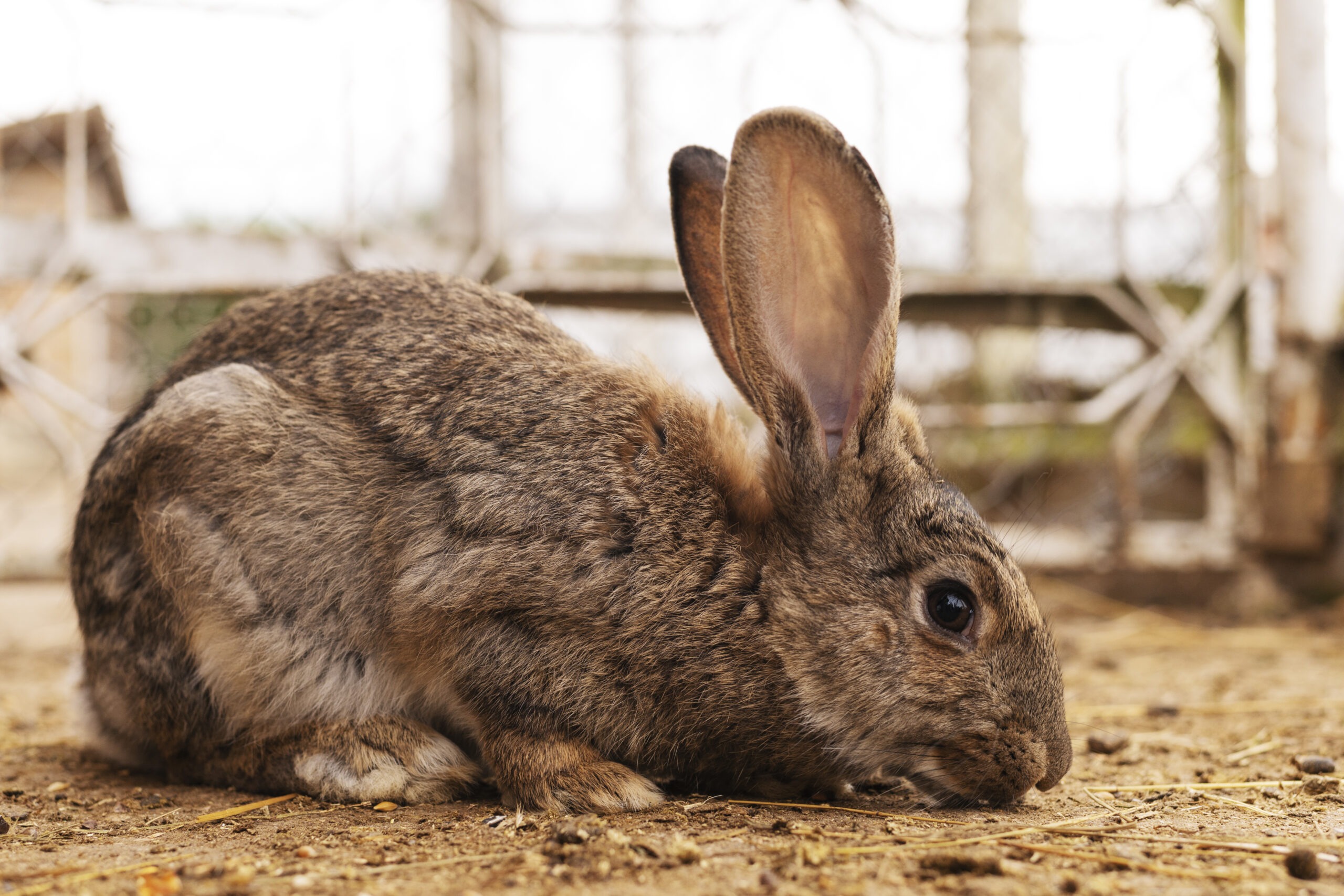Bringing a pet into your home is a joyful experience, but understanding and managing their behavior is crucial for a harmonious relationship. As a first-time pet owner, here are some essential insights into pet behavior:
- Species-Specific Behavior: Different species of pets have unique behaviors. Cats and dogs, for example, express themselves differently. Take the time to learn about your specific pet’s behavior patterns.
- Socialization: Early socialization is vital, especially for puppies and kittens. Properly socialized pets tend to be more confident and adaptable. Expose your pet to various people, animals, and environments during their early development.
- Training is Key: Training is a crucial aspect of managing pet behavior. Basic commands like “sit,” “stay,” and “come” help establish boundaries and ensure safety. Positive reinforcement training methods are effective and kind.
- Consistency: Consistency is key when it comes to behavior expectations. Set clear rules and enforce them consistently. All family members should follow the same guidelines to avoid confusion for your pet.
- Understanding Body Language: Learn to read your pet’s body language. Happy and relaxed pets exhibit different cues than those who are anxious or fearful. Recognizing their signals can help you respond appropriately.
- Behavior Problems: Be prepared to address behavior issues, such as house soiling, chewing, or aggression. Seek professional help if needed, and never resort to punishment as a solution.
- Exercise and Mental Stimulation: Both dogs and cats need physical exercise and mental stimulation. Regular playtime, walks, and interactive toys are essential for preventing boredom and destructive behavior.
- Attention and Affection: Your pet needs love and attention. Spend quality time with them to strengthen your bond and address any emotional needs.
- Stress and Anxiety: Pets can experience stress and anxiety, especially in new or unfamiliar environments. Be patient and provide a safe, comforting space for your pet to adjust.
- Vet Consultations: If you notice sudden changes in your pet’s behavior, consult with a veterinarian. Underlying health issues can sometimes manifest as behavior problems.


